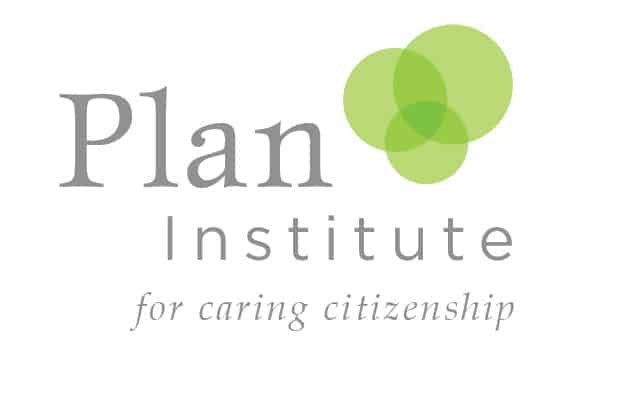Written for Plan Institute by Halldor K. Bjarnason, Access Law Group
Finding a lawyer that can help you prepare a proper will with a disability-based discretionary trust can be a challenge, but certainly not impossible.
It is important to keep in mind that law is very specialized. A great family lawyer doesn’t necessarily know anything about estate law, and a good estate lawyer doesn’t necessarily understand disability trusts. Hence, it’s crucial to find a lawyer who actually understands both the disability assistance scheme and estate planning.
I always recommend starting by asking around. If you know a good lawyer, ask him or her who they’d recommend – good people usually recommend other good people. Ask other parents with sons and daughters with disabilities who they’ve dealt with. Ask at the community associations you deal with whether they know of experienced estate/trust lawyers in your area. Eventually, you’ll get some names. Then, start making your own inquiries. Interview your perspective lawyer – either over the phone or in person. Many will give you a free initial consultation. Even if they won’t, it is worth paying for a half hour consult to ensure that they’re right for you.
Here are a few questions that you might want to ask:
- “How many disability trusts have you done in the past year? Five years? Ten years?”
If it’s “one”, or “none”. . . they’ll likely have to do research to educate themselves. You will probably end up paying for their time to find the answer. . . and no guarantees they will get it right! On the other hand, if they have done dozens (or hundreds) of trusts, they probably have some experience. No guarantee they’re doing it right, but at least they have some experience. - “How will the disability assistance rules affect my estate planning?”
This is a simple question that can have a simple answer – “A person on disability assistance can only have $100,000 in liquid assets. More than that, and they’ll be cut off. As well, the income from those assets will be deducted, dollar-for-dollar, from their monthly benefits. By having their share of your estate going directly into a discretionary trust, they will continue to qualify for assistance.” If it takes the prospective lawyer more than a few sentences to clearly explain the basics, they may not have the knowledge to give you sound advice. - “How much do you charge?”
The amount a lawyer charges to do a will with a discretionary trust is not necessarily related to how good it will be. However, it does tell you how much you’ll be paying, and allows you to determine whether you can afford their services. I’ve seen trusts that have cost thousands of dollars which had significant flaws, and I’ve seen trusts that were under $1000 that work very well. Typically, you can expect to pay more for a will with a discretionary trust than you would pay for a will done by the notary or lawyer “around the corner”, because the lawyers who do them well tend to have a lot of experience. The upside is, because of their experience, they will often think of, and address, issues that have never entered your mind!
Ultimately, you need to find a lawyer who you can communicate with, who wants to understand your needs, who gives you the confidence that they know what they’re doing, and who can provide the service at a price that you can afford. It may take some searching to find the right professional – but when you do, it’s definitely worth it!
Please note that this column is provided for general information only. As specific facts affect how the law is applied to your circumstances, it is always wise to get the advice of competent legal counsel.
Related resources:
-
- Wills, Trusts, and Estate Planning Webinar – This online workshop is facilitated by a lawyer who specializes in disability law and designed specifically for families with a loved-one with a disability.
- BC Lawyers List – A list of lawyers who have experience with disability law in British Columbia.
- Disability Planning Helpline: 1-844-311-PLAN (7526) – Call the toll-free helpline from anywhere in Canada and one of our family experts will answer your questions about the Disability Tax Credit, the Registered Disability Savings Plan (RDSP), trusts & estate planning, advocacy approaches, government benefit programs, social network building and more.
- Inspiring Possibilities Estate Planning Guide – A Tax benefits, trusts, and wills toolkit for Ontarians with disabilities
- Why and How it is Important for You to have a Will
- Future Planning Tool- online

